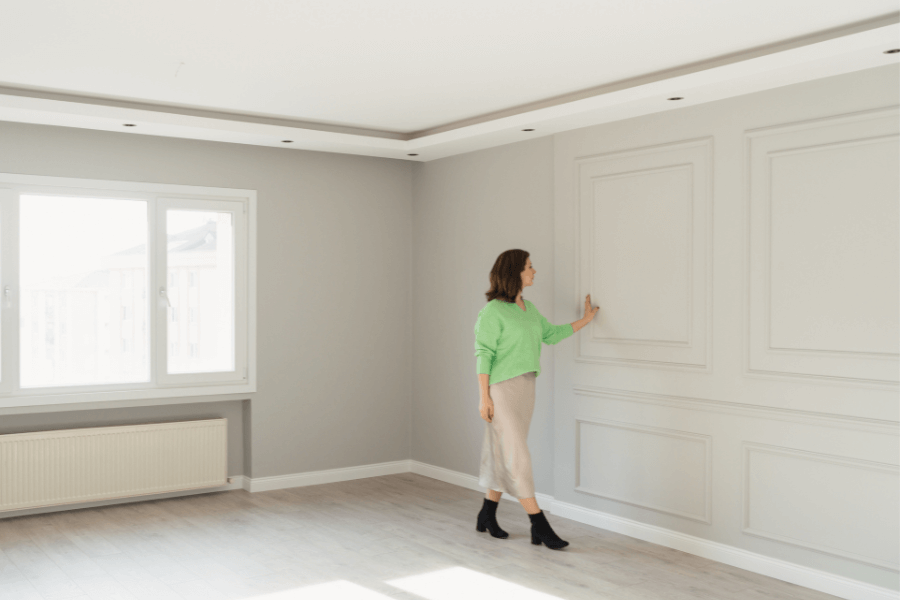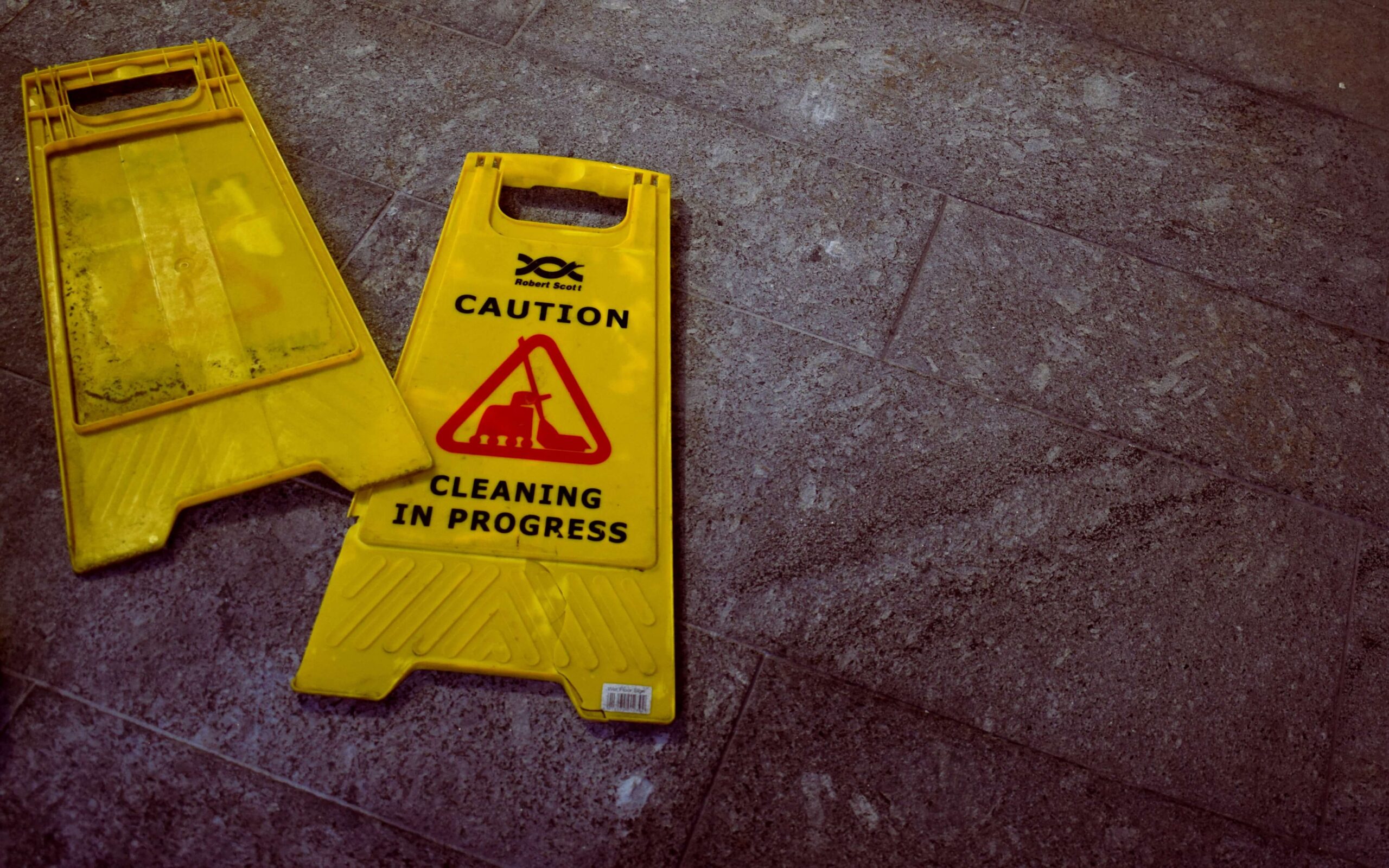Buying a house on a reduced income

The coronavirus pandemic has hit many Australians financially, through job loss and reduced income. If you were hoping to buy a home before the pandemic but now find yourself earning less, you probably think your chances of getting a home loan are next to zero. But this may not be the case.
While lenders are very reluctant to lend to unemployed borrowers, a reduced income might not be the end of your chances. If you have a deposit saved, your spending is under control, and you have a realistic budget in mind, then you might be in a better position than you think.
Here are five tips to help you buy a home on a reduced income.

Topics in this article:
Five tips to buy a home on a reduced income
1. Cut back on your spending.
This is tough advice, particularly when you’ve lost income. But finding ways to reduce your spending, however small, can offset some of your lost income and strengthen your home loan application.
Lenders always scrutinise your income and spending when you’re applying for a mortgage. You might not be able to do much about your income right now, but spending is something you have some control over.
Sit down for an hour or two, look carefully at your recent spending and try to identify things you can live without, things you need and things that you can cut down on or replace with a cheaper alternative.
This includes items and services like your digital streaming service subscriptions (do you need multiple subscriptions at once?) or buying cheaper grocery products and cutting down on luxuries like takeaway and alcohol.
We know, it’s easier said than done. But if you can cut back in some areas, it’s worth doing.
2. Check your credit score.
Before you apply for a home loan, it’s a good idea to check your credit score. You can do this quickly online, and it will give you a clearer picture of your credit health.
You might have unpaid debts you’ve overlooked, or something in your file might be recorded incorrectly. If there’s a mistake in your credit score, you can challenge this and get your score cleaned up. This will strengthen your home loan application.
3. Choose your loan and lender carefully.
If you are looking at getting a home loan on a reduced income, then you need to compare home loans and lenders carefully.
Every lender has different eligibility criteria and lending standards. Some are stricter than others and may regard your reduced income as a bigger liability. Your deposit size and the value of the property you’re buying are also essential to consider. You may only have a small deposit below 20%. Some lenders, in this case, may not have a loan suitable for you or may offer one with a higher rate.
Eligibility depends on where you’re looking to buy and the property type as well. Some lenders restrict the amount they will lend you if you’re buying an apartment in a particular postcode, for example. They might reject your application or only give you 70% of the purchase price.
Before submitting a full application, ask your prospective lender if it has any restrictions in your postcode. This will save you time and minimise your chances of rejection.
4. Get expert help if you need it.
Applying for a home loan on a reduced income is challenging. Approaching a mortgage broker rather than a lender is a good idea if you’re struggling to make the numbers work.
Brokers are usually free to use (they receive a commission from your lender) and they have a good sense of which lenders are more likely to approve borrowers on reduced incomes. Brokers can also guide you through the home loan application process and make sure your application is watertight.

5. Re-evaluate your home-buying budget.
Unfortunately, if your income has taken a hit and you’re still determined to buy a house, then you might need to re-evaluate your budget. Take a realistic look at your deposit, your income and your price range. Then use a repayment calculator to estimate what your monthly repayments look like.
If you can’t afford these repayments right now, even after trimming back your spending, it’s unlikely a lender will approve your application. And also, if it does, you will struggle to make your repayments.
Readjust your budget and look for cheaper properties and cheaper suburbs. If that doesn’t work for you, perhaps you’re better off avoiding mortgage stress and waiting to buy later when you’re back to your regular income again.
Because ultimately, whatever is happening in the property market, the right time to buy is when you’re financially ready to do so.
Disclaimer: This is a general guide only and is not intended as a substitute for financial advice.
Written by:

We'd like to hear from you!
2 comments
The home portrayed appears the most useless & expensive possible. The cheapest in not only cost but in ongoing savings is a kit home with sun-facing long glassed veranda with door slot top & bottom of door into house from veranda (but close these nightly). Our Cornish home in 1970s was like such & heated mid-winter home to summer max temp for hours after sunset.
I thought this WILL be about what title said, advice on buying, instead – it’s advice on saving…




